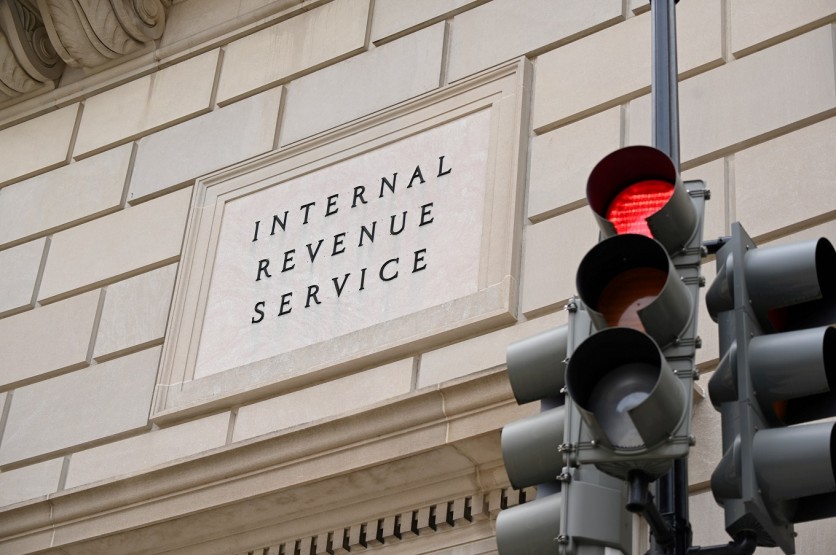The pandemic has been pretty hard for the majority of people, especially those who have to stop work or were let off due to practically everything shutting down, so the stimulus checks in the United States is something many are looking forward to so they can pay for the bills and necessities.

However, cybercriminals use this to their advantage, often creating phishing scams that pretend to give away stimulus checks or money to those who need them and then steal their personal information.
IRS Warns of a New Phishing Scam
According to CBS News, a new phishing scam is lately going around that the Internal Revenue Service (IRS) has issued a warning.
In their statement, the scam takes the form of a text message promising that a $1,200 stimulus check is waiting for you from the COVID-19 fund, and you must continue to the website they will link to get the money straight to your account.
When you click on the link, you will be directed to a website that looks similar to that of the IRS' Get My Payment webpage.
The IRS said that its official site would request your personal data, including your date of birth, Social Security number, and your bank account data. Meanwhile, the fraudulent website will ask for the victim's "personal and financial account information."
However, instead of receiving the said amount, the scammers will be able to acquire your personal information, including your address and bank account, which they can then use to drain your remaining money.
Never Click the Links
Based on the report, the text reads: "You have received a direct deposit of $1,200 from COVID-19 TREAS FUND. Further action is required to accept this payment into your account. Continue here to accept this payment ..."
"Criminals are relentlessly using COVID-19 and Economic Impact Payments as cover to try to trick taxpayers out of their money or identities," says IRS Commissioner Chuck Rettig in a statement. "This scam is a new twist on those we've been seeing much of this year. We urge people to remain alert to these types of scams."
In case you have received such a text message, firstly, never click on the links, then send a report to the IRS at phishing@irs.gov along with the date and time when you got the message, a screenshot of the message you have received, the number that sent the text, as well as the number that received the message.
The IRS Doesn't Send Text Messages
It is important to note that the IRS never sends texts nor emails to the public, especially regarding the stimulus checks.
However, they have sent out 9 million letters to consumers who have not received their stimulus checks yet, stating that they only have until November 21 to register for the check.
The public can receive $1,200 if they are eligible for the check, or up to $2,400 for married couples, with an additional $500 for each dependent under 17.
Related Article : Microsoft Teams Hit by 'FakeUpdates' Malware Using Cobalt Strike; Here's How to Prevent It
This article is owned by Tech Times
Written by: Nhx Tingson
ⓒ 2026 TECHTIMES.com All rights reserved. Do not reproduce without permission.




